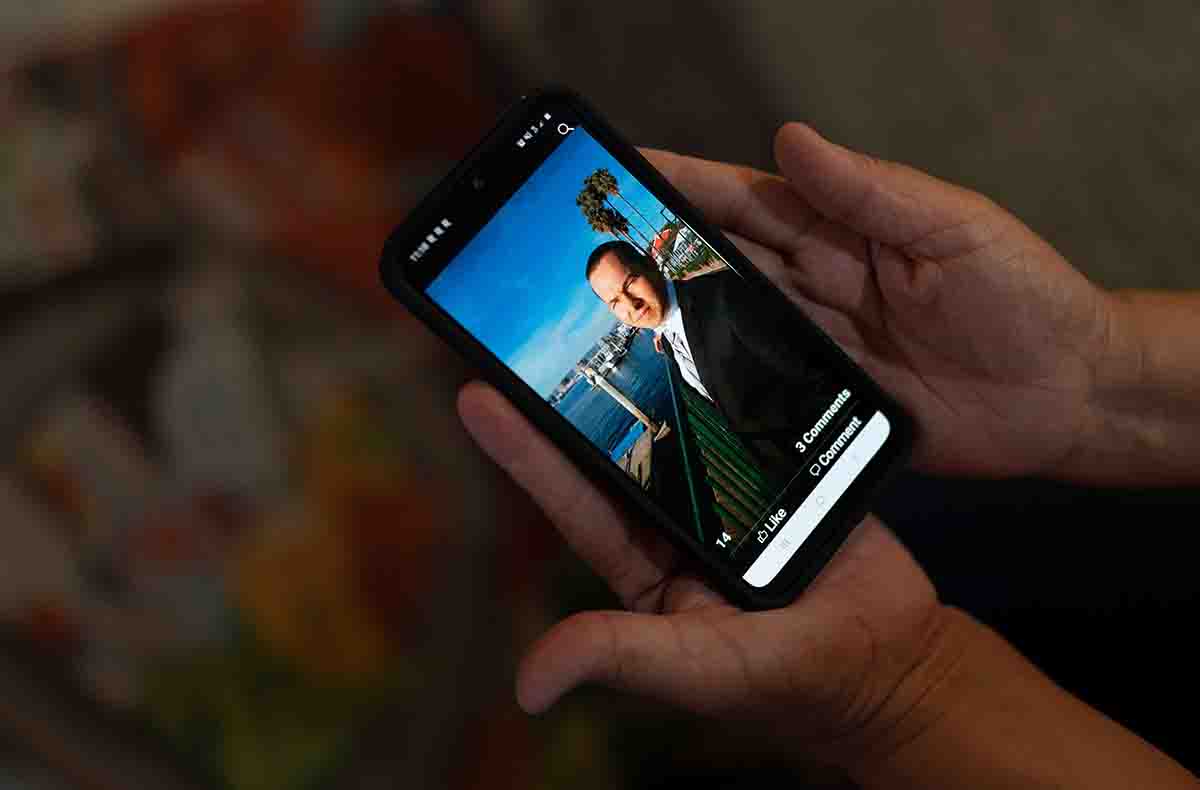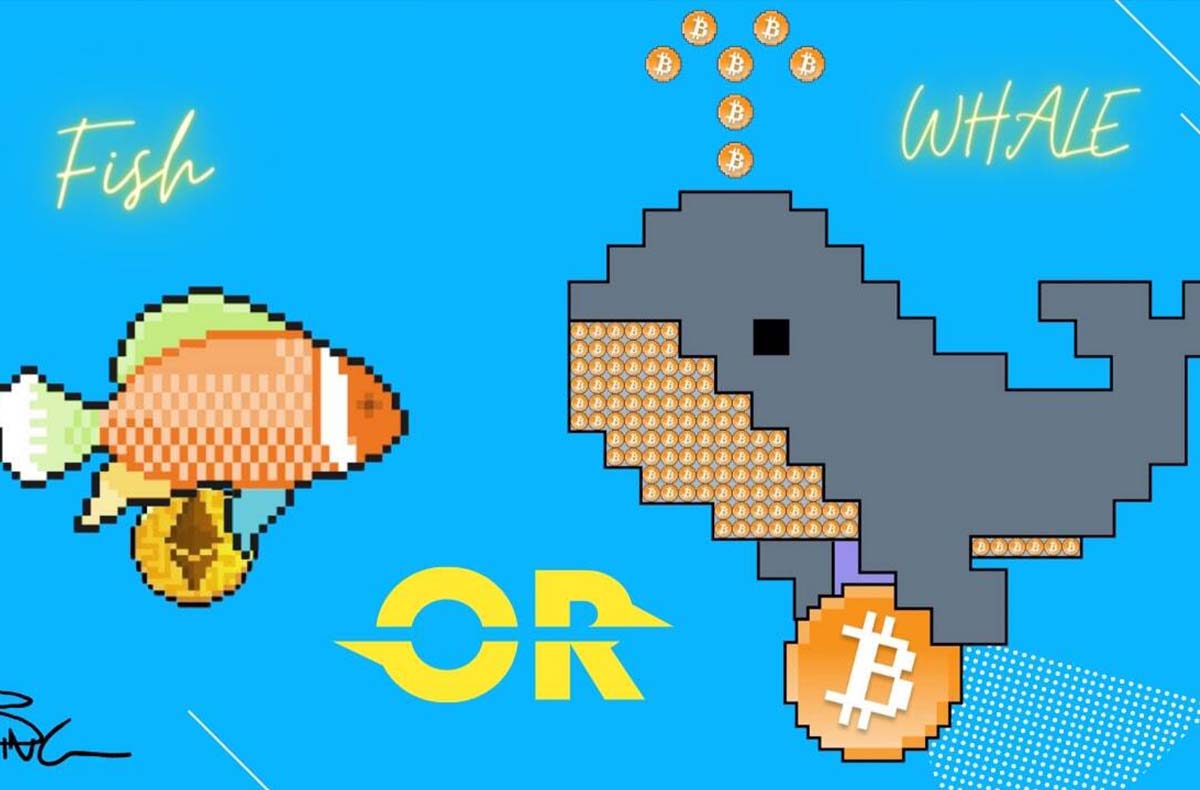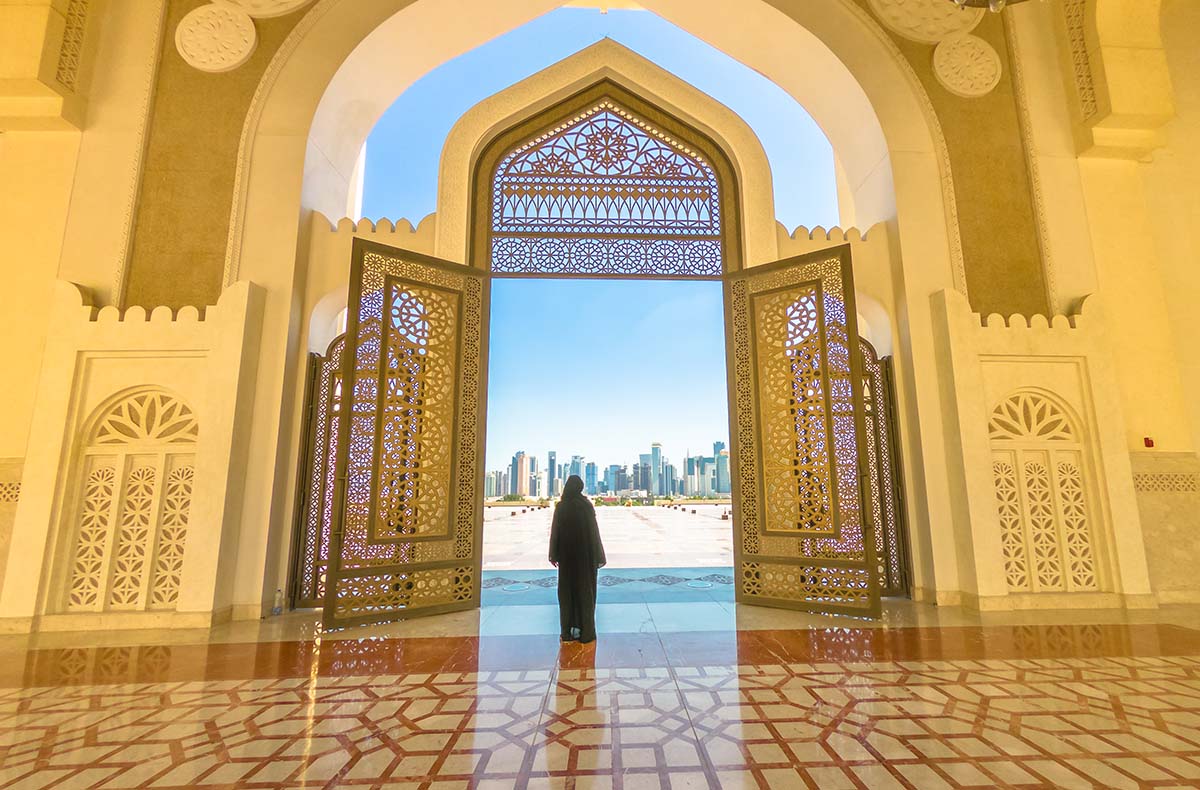
As a human rights advocate, I’ve studied and seen the transfer of detainees and hostages between nations. History has shown that the United States and other countries, large and small, have found ways to exchange prisoners in the interest of their respective nations, even when there are no formal diplomatic relations in place.
Eyvin Hernandez is hoping such a deal can be done. The 44-year-old is a classic case of someone who was in the wrong place at the wrong time.
Hernandez emigrated from El Salvador to the United States when he was a toddler, and his family settled in Los Angeles. He graduated with a law degree from UCLA and, right from the start devoted his career to helping others, working at the Los Angeles Public Defender’s Office.
On March 31 last year, he was arrested by Venezuelan authorities at their border with Colombia and accused of illegally entering Venezuela, a country with whom the US does not have diplomatic relations. He remains imprisoned in Caracas and faces up to 16 years in jail after being charged with criminal association and conspiracy.
It was reported that Hernandez sent a hand-written letter to President Biden pleading directly for help in securing his return home.
In October, the State Department said that Hernandez was “wrongfully detained.” Recently, a government official, speaking on background, noted that the US does not “discuss ongoing diplomatic conversations” when asked about the case and the prospect of a prisoner exchange for a Venezuelan government special envoy, Alex Saab.
The spokesman added that the Biden administration was actively pushing for the release of Americans held in Venezuela. The official was careful with his words because US hostage-related talks with other governments are so sensitive but left the impression that a prisoner exchange including both Hernandez and Saab is on the table.
There are several recent examples of prisoner exchanges involving the United States and other governments. In December, American pro basketball player Brittney Griner was swapped for Viktor Bout, a Russian arms dealer. Mark Frerichs, an American contractor, was released in September in exchange for Bashir Noorzai, an Afghan tribal leader close to Mullah Omar, the founder of the Taliban.
The next month, Venezuela swapped seven Americans imprisoned in the country for two Venezuelan citizens. Five of the Americans were employees of Houston-based Citgo—Tomeu Vadell, Jose Luis Zambrano, Alirio Zambrano, Jorge Toledo and Jose Pereira.
All of these cases, not least the exchange between the United States and Venezuela, leave open the door for another swap involving Hernandez and other Americans detained in the South American country for Saab, who was appointed special envoy by Venezuelan President Maduro.
Saab was originally detained in June 2020 by authorities in Cape Verde at the request of the US during a refueling stop on his way from Venezuela to Iran on a humanitarian mission during the global COVID-19 pandemic.
Sixteen months later, Saab was extradited to the US, where he faces one charge of conspiracy to launder money tied to a Venezuelan social housing program. Saab denies the charge and his government has continued calling for his release and return home, claiming that he is entitled to diplomatic immunity from prosecution.
What will it take to bring Hernandez and other Americans home from Venezuela?
A Norwegian-sponsored national dialogue between the Maduro government and the opposition, known as the Mexico Roundtable, commenced in September 2021 and led to an agreement being reached to unfreeze Venezuelan government funds to be used for humanitarian purposes. In response, the US eased certain oil sanctions, allowing Chevron to resume limited oil operations in Venezuela.
The US has encouraged and supported these talks and has called on the Venezuelan government to release an unspecified number of political prisoners. It is believed that the Maduro administration is prepared to take that step once it has reviewed the names of the domestic prisoners that the opposition wants released.
It has been almost a year since Hernandez was detained. A prisoner swap, which could include a number of other Americans in exchange for Saab, is possible because relations between the Biden administration and Venezuela have eased over the past year.
An Executive Order signed by President Biden in July strengthened his administration’s “efforts to bring hostages and wrongfully detained United States nationals home.” It declared: “The United States Government must redouble its efforts at home and with partners abroad to deter these practices [hostage-taking and the wrongful detention of US nationals] and to secure the release of those held as hostages or wrongfully detained.” The political landscape seems more favorable than it has been for years to bring Hernandez and other Americans held in Venezuela safely back to the United States.



